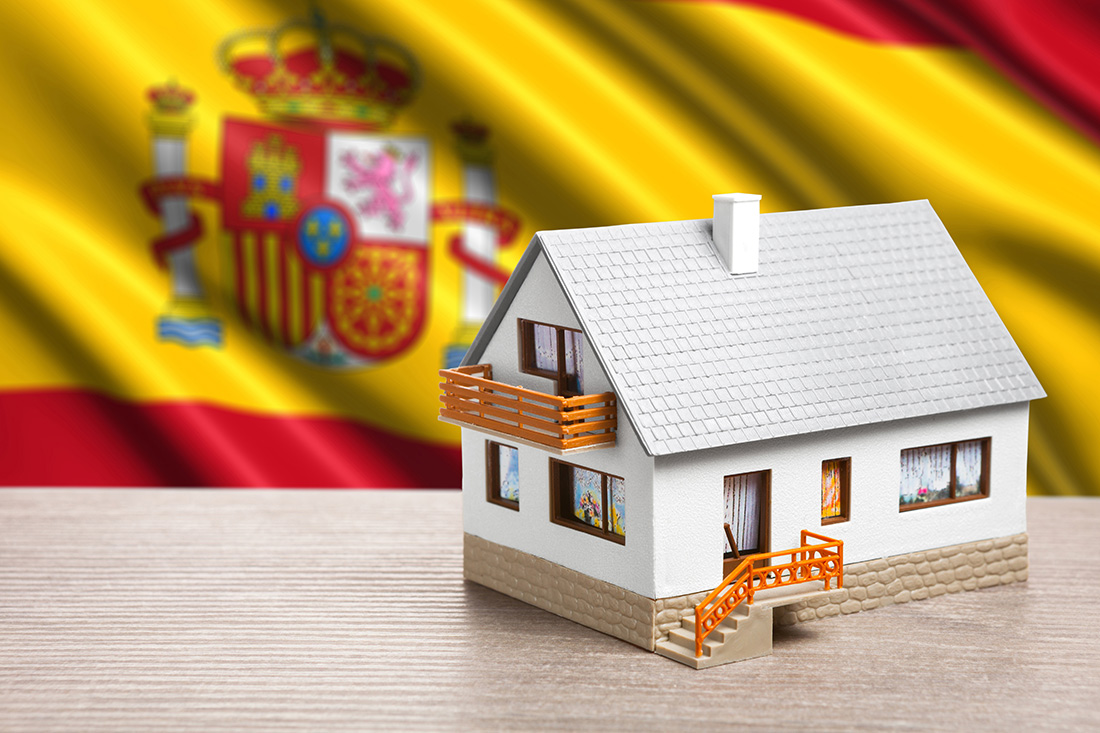


If you follow the correct procedures, moving to Spain can be hassle-free. Due to its convenient geographic location, Iberia is one of the most important transport hubs in the world. If you require air freight, rail, sea, or land delivery of your belongings, you should have plenty of options to choose from.
Your luggage must go through Spanish customs at either the airport or the harbor upon arrival. There is no need to declare anything if there is nothing to declare, but you must declare anything that is restricted or forbidden by customs. The Spanish consulate in the country of origin will be able to assist you in obtaining an import license if your medication falls under the controlled drugs category established by Spanish customs. To avoid delays at the border, make sure you bring all the necessary permits and only bring things within the allowed quantities. It is important to remember that quantities vary significantly based on whether you are from an EU country or outside.
The process of renting or buying a home in Spain can be complicated. There are a lot of bureaucratic hurdles to jump through when you are renting housing. An interesting point is that renting might be more complicated than buying as a foreigner. From property prices to tenancy rights, average rent, house prices, and utilities in Spain, we will cover all the details of renting or buying a house in Spain as a foreigner.
The good news is that foreigners can own property in Spain without any restrictions. Purchasing a property valued at over 500,000 EUR (£425,000 GBP) will also grant you a Golden Visa, allowing you to reside in Spain.
When renting a house or an apartment, remember that the cardinal rule of Spanish housing is: Never accept an oral agreement and always demand a written one. Tenants' rights are generally protected by Spanish law, as it is on their side. The landlord may still require you to provide proof of your financial means or to have a guarantor sign the lease.
The cost of renting a house or an apartment varies greatly depending on where you live. The cost of living in large cities such as Barcelona and Madrid is obviously higher than in smaller places such as Valencia or Bilbao.
The Spanish language is the official language of Spain, along with Catalan, Galician, and Basque. They are all distinct languages, spoken in different parts of the country. With 99% of the population speaking Spanish as a first or second language, this language is spoken everywhere. Galician is spoken in Galicia, and Basque in the Basque Country, while Catalan is spoken in Catalonia, Valencia, and the Balearic Islands.
English is spoken as well, but most commonly in the neighborhoods around the university and the major expat neighborhoods. Do not hesitate to ask someone if they speak English, or if they don't mind speaking slowly, if you're trying to keep up with someone's Spanish. You will usually be able to get directions in big cities and towns from Spanish people who know some English.
Even if you are going to arrive with just a few key phrases in Spanish, it's still a good idea to learn a few before you arrive. This can be very helpful in situations where there is a language barrier, but the locals will be extremely grateful. Alternatively, it might be a good idea to take a few Spanish classes when you move to a new city, so you can learn all the local linguistic tricks and tips.
Get to know the culture and way of life of the new area before moving. Foreigners have a friendly environment in most parts of the country. However, you should be aware of what to expect when living there.
Spain has a lower cost of living than other large countries in the EU. Southwest European prices are generally cheaper than in Central and Northern Europe. Work-life balance is very important in Spain. People like to take a long lunch break to relax in big cities, even though siestas are obsolete. The Spanish place a great deal of importance on their meals, so eating in the metro or at their desk at work is highly frowned upon.
When you arrive in Spain, you will be required to obtain a NIE number. Spain's National Police issue NIEs as tax identification numbers. Spain requires it of everyone who works, wants to open a bank account, wants to buy/sell a house or car. Most people use it for identification purposes.
The General Commissioner for Immigration is where you can obtain your number. It's unfortunate that they're not available in every town, but you can get the addresses on the Policia Nacional website, even if you don't speak Spanish. Choosing your province from the list will give you the addresses of the Comisaria General de Extranjeria offices in your area.
Obtaining your NIE number may require that you schedule an appointment in advance, depending on the region you are moving to.
Take these documents with you when moving to Spain in order to obtain your NIE number:
Upon issuance, the number will be yours forever. Although you must apply for them in person, you can do so through the consulate of your local Spanish country before you leave. Alternatively, you can hire a representative prior to your arrival in Spain to arrange this for you.
Moving anywhere is daunting and tedious. Setting aside the financial and physical burden, coping with the lifestyle, culture and other aspects of the country can be quite challenging altogether. However, moving to Spain and anywhere should not be stressful. Let us take the logistical and physical burden from you. Be it anywhere in Spain or how tricky the requirements you might have in moving, our carriers and diverse range of vehicles can help you with that. Book a consultation with our experts to help you arrange a better moving plan.